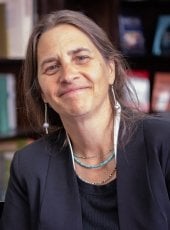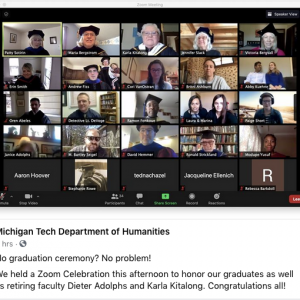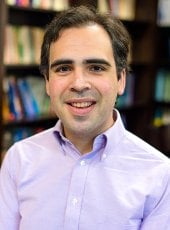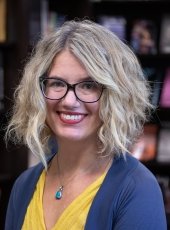Associate Professor Dana Van Kooy presented her essay, “Assemblages of the Plantationoscene” recently at The London Stage and the Nineteenth-Century World III conference, sponsored by the New College at Oxford University.

Invoking the neologism “plantationoscene,” the paper from Van Kooy, who directs Tech’s English program, examines John Fawcett’s pantomime, “Obi; or Three-Finger’d Jack,” which opened at London’s Haymarket Theatre in 1800. Linking the era (cene) to the performance and visual reproduction of specific theatrical scenes, this neologism offers an alternative framework for interpreting Fawcett’s pantomime, which assembled scenes of plantation life and its corresponding devastation into a formulaic plot.
Focusing on stage descriptions and those scenes advertised on its playbills, “Assemblages of the Plantationoscene” draws attention to the production of a visual ecology that reconfigured the colonial landscape.
In her abstract, Van Kooy established the relevance of the topic: “Throughout The Atlantic World, the plantation system marked a period of human and ecological disaster, one that theaters in Britain and the United States readily transformed into captivating spectacles throughout 18th and 19th centuries. The scale of this devastation continues to impact society in myriad ways, including racialized violence and policies that associate people and labor practices with ‘natural’ and/or geographical spaces.”





